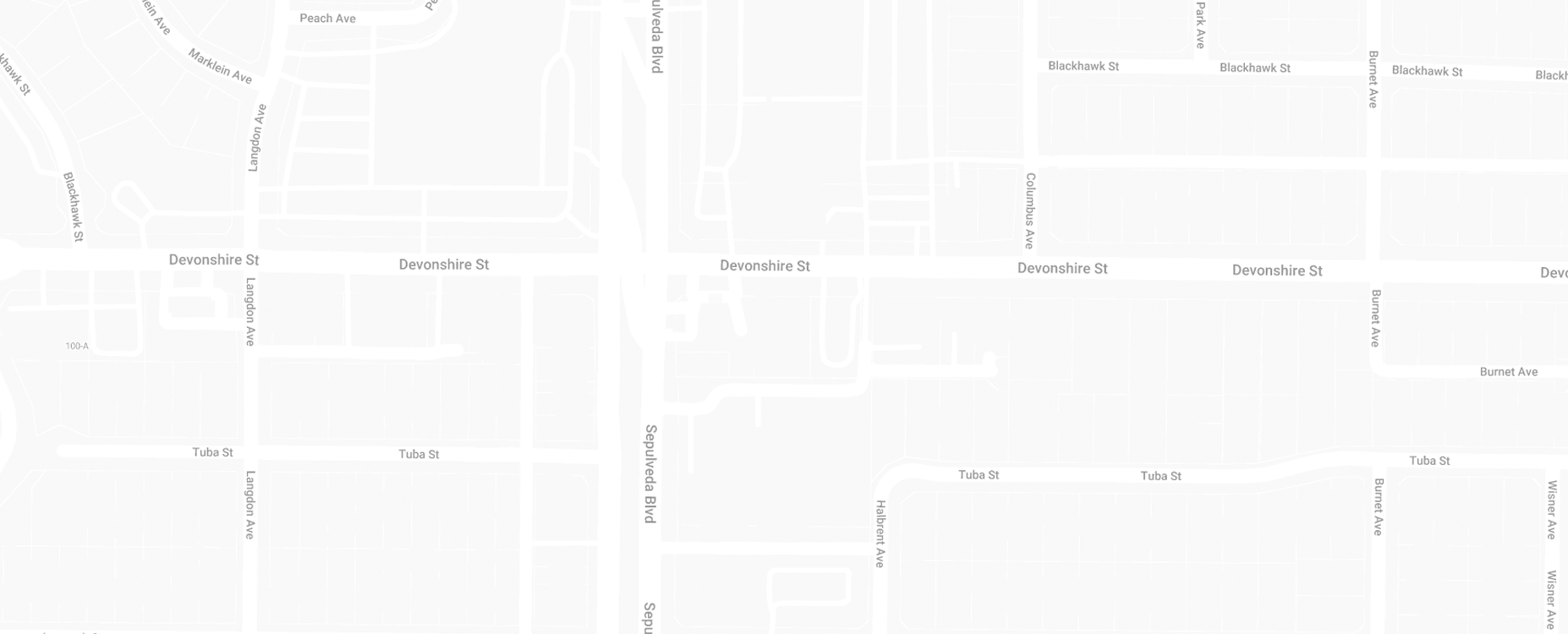
Diabetes is a chronic condition that affects millions worldwide, impacting various aspects of health, including vision. One of the most common and serious complications of diabetes is diabetic retinopathy, a condition that can lead to vision loss if not detected and managed early. At Firefleye Optometry, we’re committed to educating our patients about the importance of eye health and how diabetes can impact it.
What Is Diabetic Retinopathy?
Diabetic retinopathy occurs when high blood sugar levels damage the tiny blood vessels in the retina, the light-sensitive tissue at the back of your eye. Over time, this damage can cause these blood vessels to leak, swell, or even close off entirely, leading to vision problems. In advanced stages, new, abnormal blood vessels may grow on the retina, further compromising vision.
Stages of Diabetic Retinopathy
• Mild Non-Proliferative Retinopathy: The earliest stage, characterized by small areas of swelling in the blood vessels of the retina. Often, there are no noticeable symptoms at this stage.
• Moderate Non-Proliferative Retinopathy: As the disease progresses, blood vessels become more damaged, potentially reducing blood flow to the retina.
• Severe Non-Proliferative Retinopathy: Many blood vessels are blocked, causing the retina to send signals for new blood vessels to grow.
• Proliferative Diabetic Retinopathy: The most advanced stage, where abnormal blood vessels grow on the retina, leading to scar tissue, bleeding, and a higher risk of vision loss.
Symptoms of Diabetic Retinopathy
Diabetic retinopathy often develops silently, without early warning signs. As it progresses, symptoms may include:
• Blurry vision
• Spots or floaters in your vision
• Difficulty seeing at night
• Dark or empty areas in your vision
• Vision loss
If you experience any of these symptoms, it’s crucial to see an eye care professional immediately.
Risk Factors for Developing Diabetic Retinopathy
Anyone with diabetes is at risk of developing diabetic retinopathy, but certain factors can increase the likelihood, including:
• Poor blood sugar control
• High blood pressure or cholesterol
• Long duration of diabetes
• Pregnancy (gestational diabetes)
• Smoking
How Is Diabetic Retinopathy Diagnosed?
At Firefleye Optometry, we use advanced diagnostic tools to monitor and detect signs of diabetic retinopathy. A comprehensive dilated eye exam allows us to examine the retina for signs of damage. Imaging technologies, such as optical coherence tomography (OCT) or fundus photography, provide detailed views of the retina to identify abnormalities.
Preventing Diabetic Retinopathy
Prevention is key to protecting your vision:
• Maintain consistent blood sugar levels
• Monitor and manage blood pressure and cholesterol
• Quit smoking to improve circulation
• Schedule regular comprehensive eye exams, even if you don’t have symptoms
Partner with Firefleye Optometry for Your Eye Health
Diabetic retinopathy is a serious but manageable complication of diabetes. By understanding the link between diabetes and your vision, you can take proactive steps to protect your eye health. Regular comprehensive eye exams, proper diabetes management, and a healthy lifestyle are key to preventing vision loss and catching issues early.
Schedule your diabetic eye exam with Firefleye Optometry and let us help you take control of your eye health. Visit our office in Mission Hills, California, or call (818) 361-4020 to book an appointment today.






